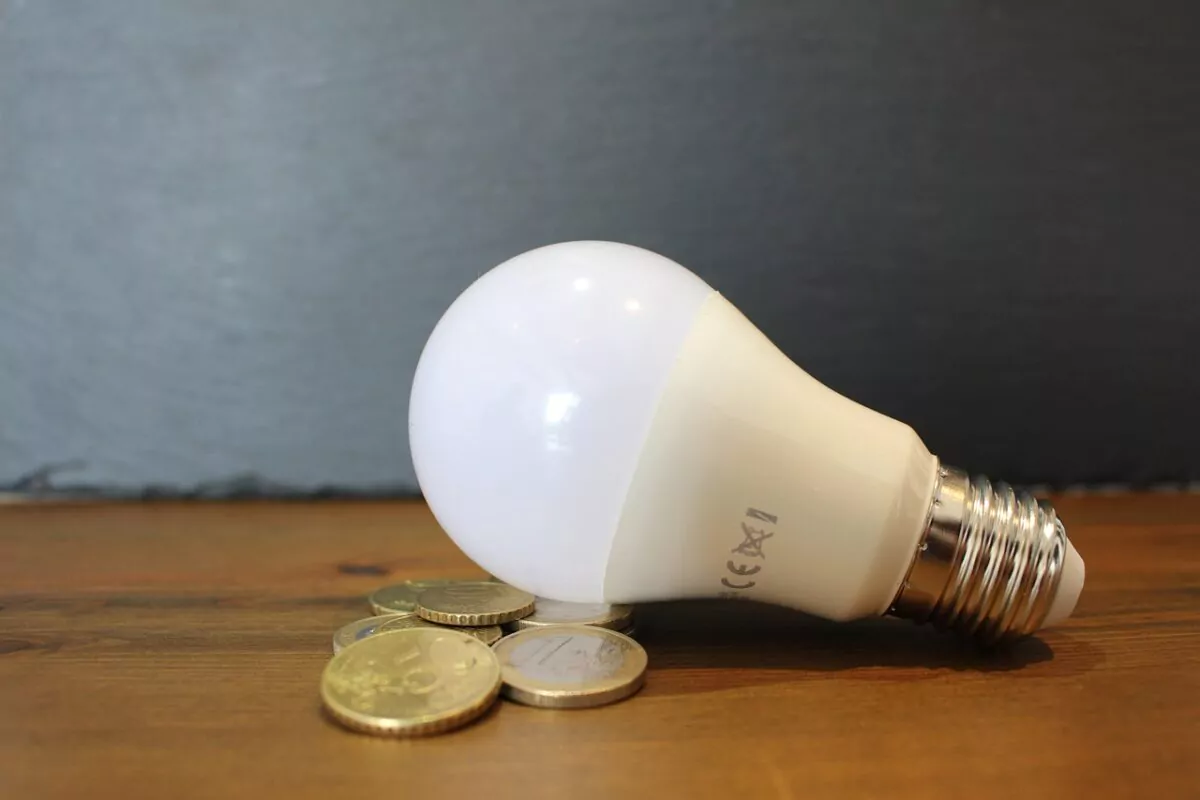Electricity prices for businesses are likely to fall in the autumn, when Bulgaria and Romania finally connect their electricity exchanges, Bulgarian publication Sega reports, according to Rador.
Urmărește mai jos producțiile video ale Economedia:
- articolul continuă mai jos -
The market merger with Romania is expected to happen at the end of October, when Bulgaria will be able to buy electricity from all over Europe, said the executive director of the Electricity System Operator (ESO) Anghelin Tacev in an interview with Sofia’s public radio station BNR.
The unification of the markets will allow electricity to be traded on this market segment with many more countries than at present, as Romania also enters into a market union with Hungary, the Czech Republic and Slovakia, and these in turn with even more distant EU countries, which increases opportunities and may have a favorable effect on prices, writes Bulgarian publication 24chasa.bg.
Testing will start on 20 September and, if all goes well, trading will begin on 26-29 October. The market union effectively gives Bulgarian buyers and traders automatic access to offers from other market participants across Europe. Of course, concrete trading opportunities also depend on grid capacity, i.e. how much energy can physically pass from one national electricity grid to another. The connection to the Romanian market, according to the plan, was scheduled to be completed by the end of last year, but it was delayed. The interim project, which was to connect the Hungarian, Austrian and Polish markets across borders, was also delayed. So the connection to Greece, where electricity is very expensive, preceded the merger with Romania.
Today, there is a shortage in the whole region – “starting with Hungary, Romania, Bulgaria, Greece, Serbia, Croatia, Slovenia, Italy”, and this is bound to affect prices, said Tacev.

 Sursa foto: Pixabay
Sursa foto: Pixabay





























